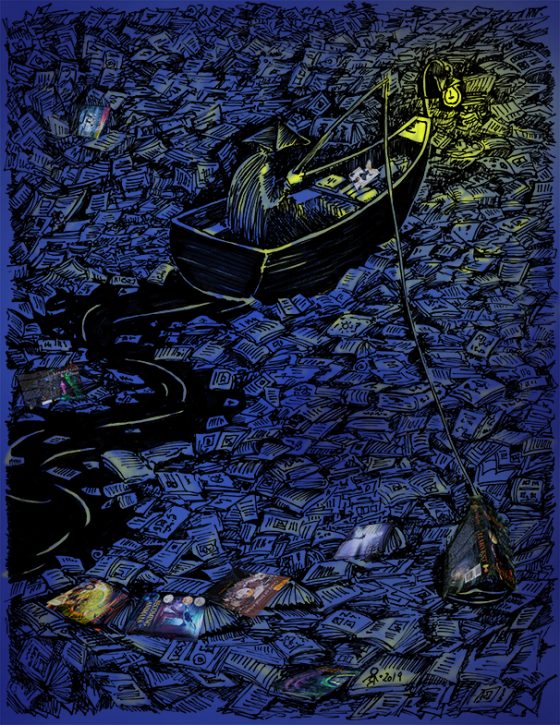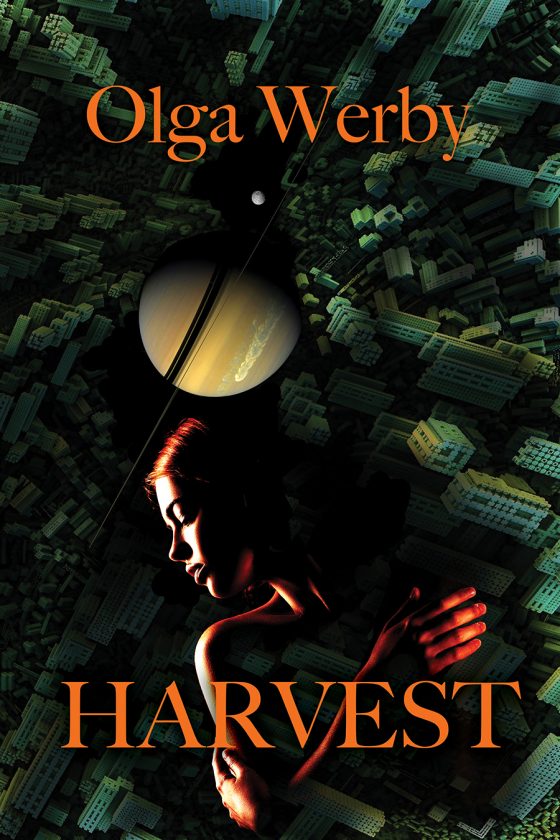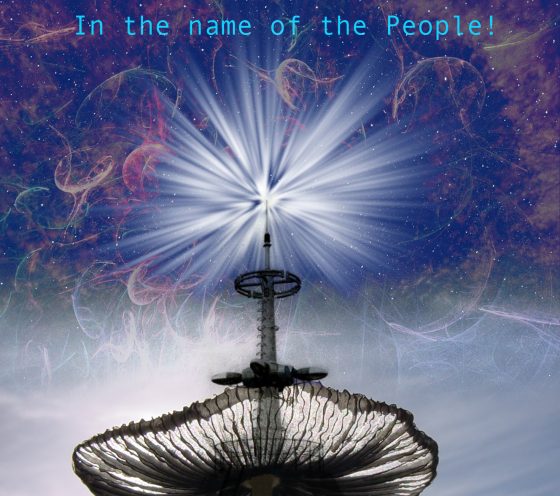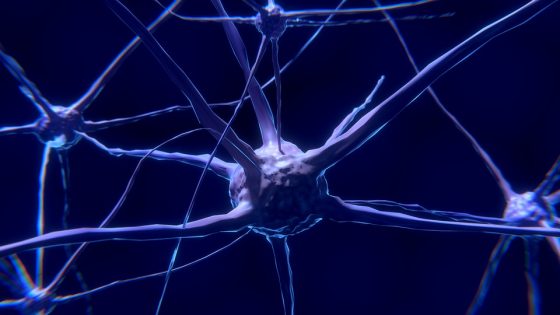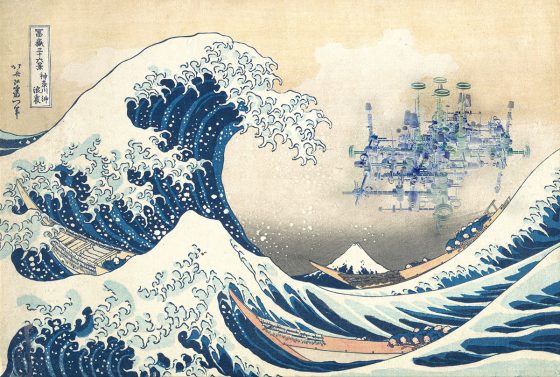
“Can I help you?” Dax stood up and quickly covered the screen with his body. It was five minutes to closing time and he wasn’t interested in helping on yet another bored teenager, or house partner, or grandpa, or history student, or whatever to fulfill their sick time travel dream. He had his own problems, thank you very much. “Dr. Ooren sent me,” the girl said, walking into the lab, keeping her eyes on the floor. She looked like she was still in her teens, perhaps a first-year college student. She was fidgeting and pulling down the sleeves of her oversized gray sweater over her hands and fingertips. She was thin, with dark circles under her eyes, and she didn’t look like she wanted to be in his lab any more than Dax wanted her there. Which was not at all. “We close at five.” Dax pointedly glanced at the time displays on the wall. It was just about five in the afternoon. He had already loaded the jump for his own time visit — he allowed himself several exquisite minutes of suffering every Friday evening, after closing hours. He was treasuring his chosen suicide, taking his time, enjoying every…


